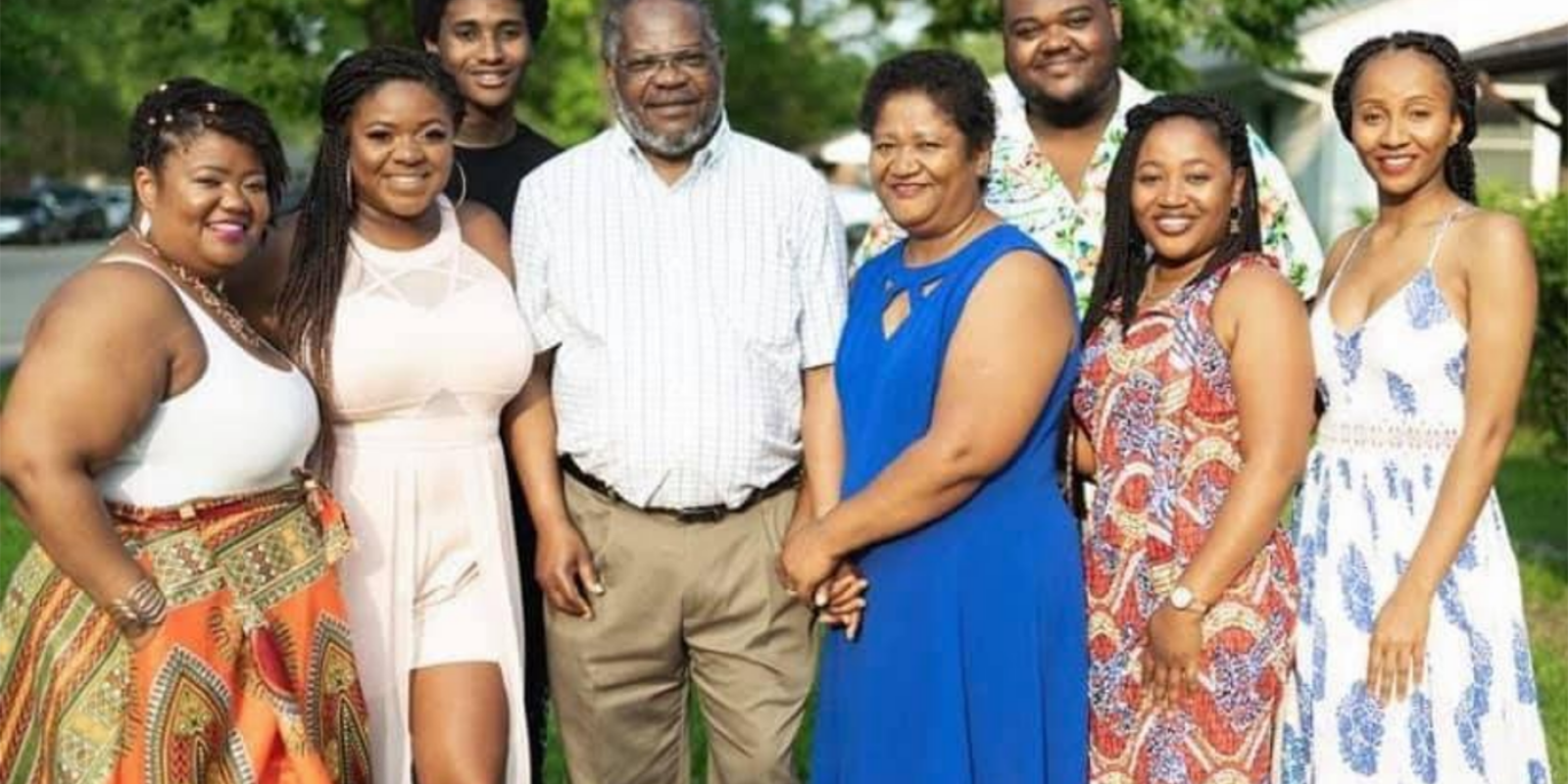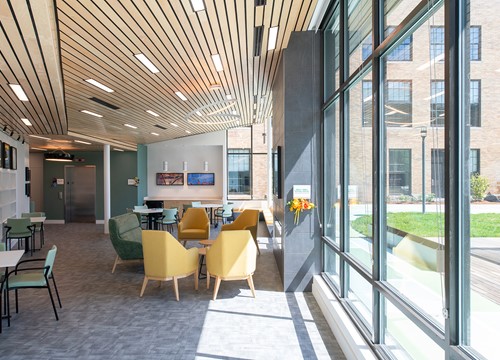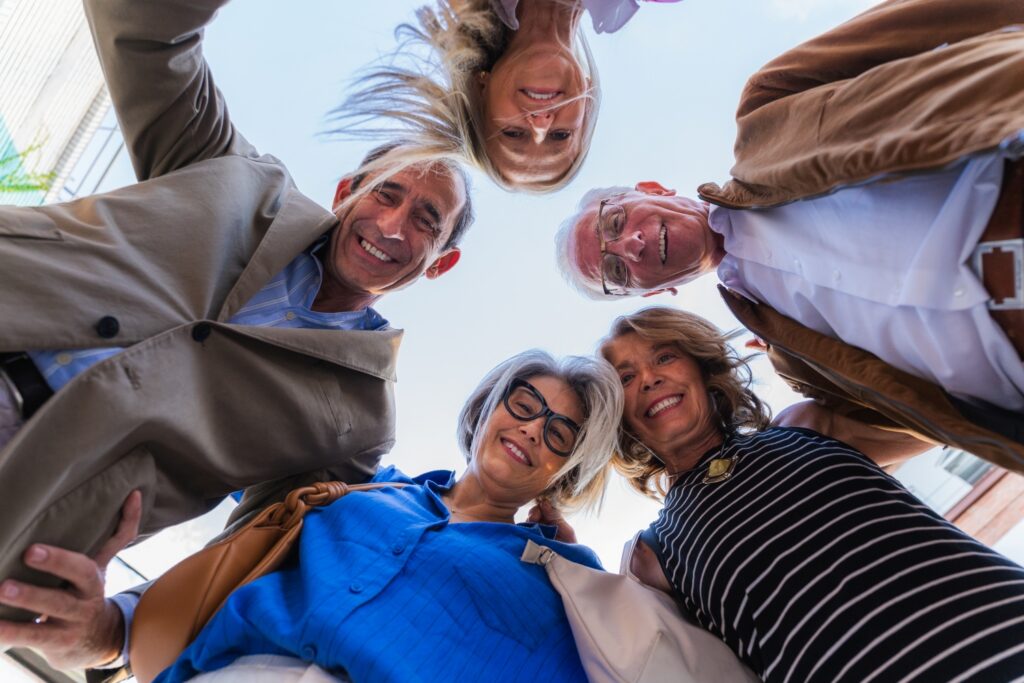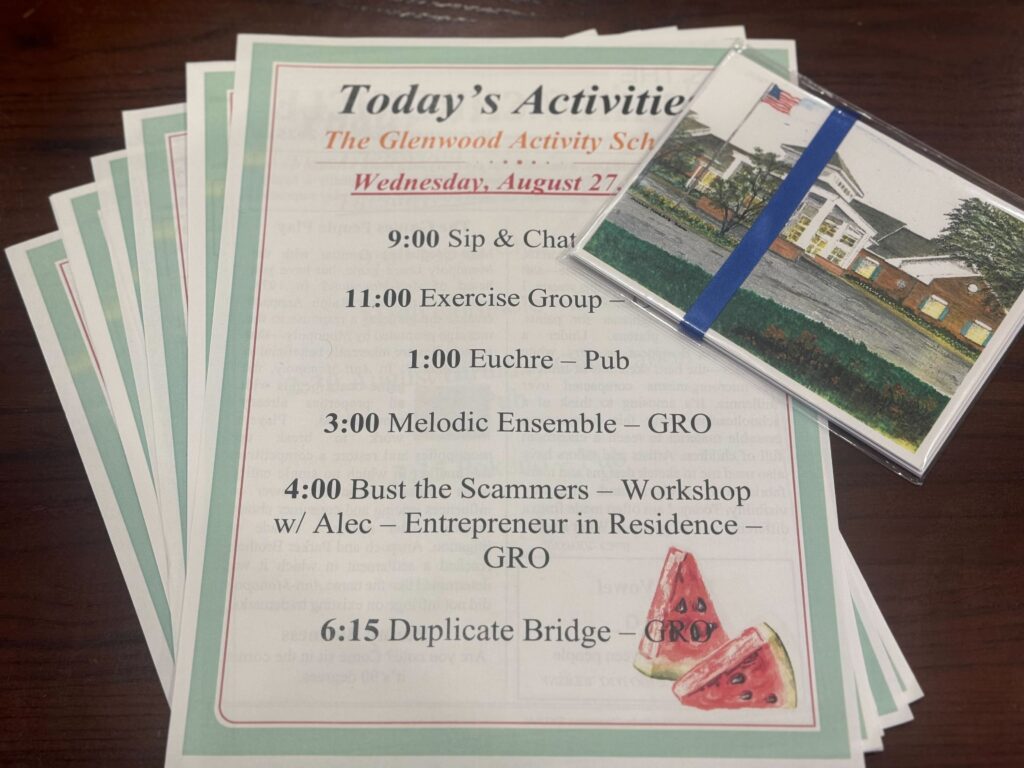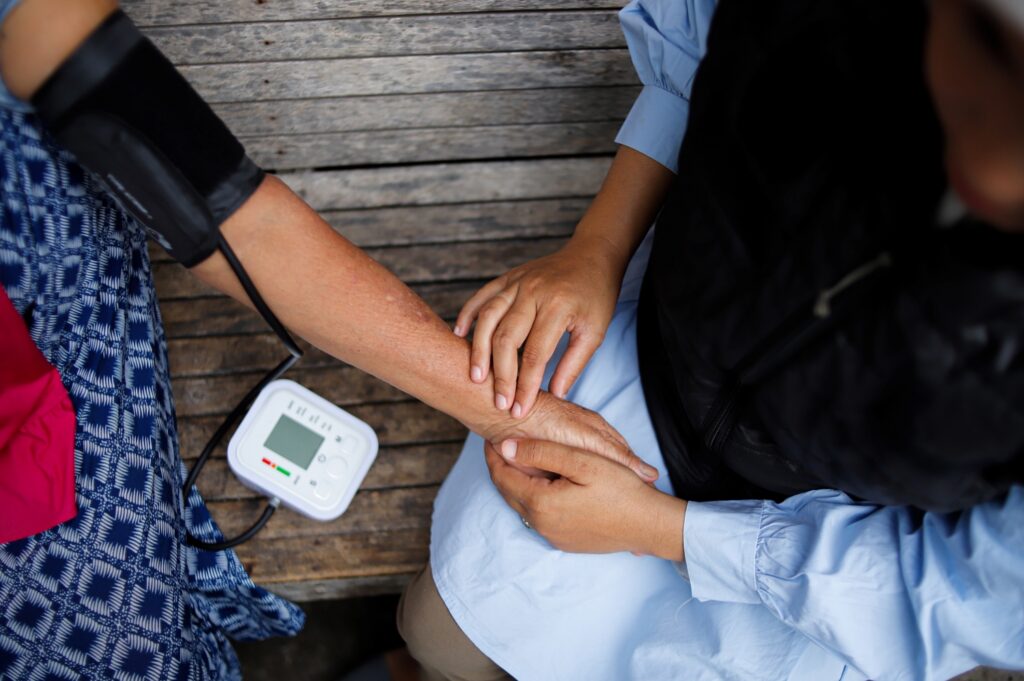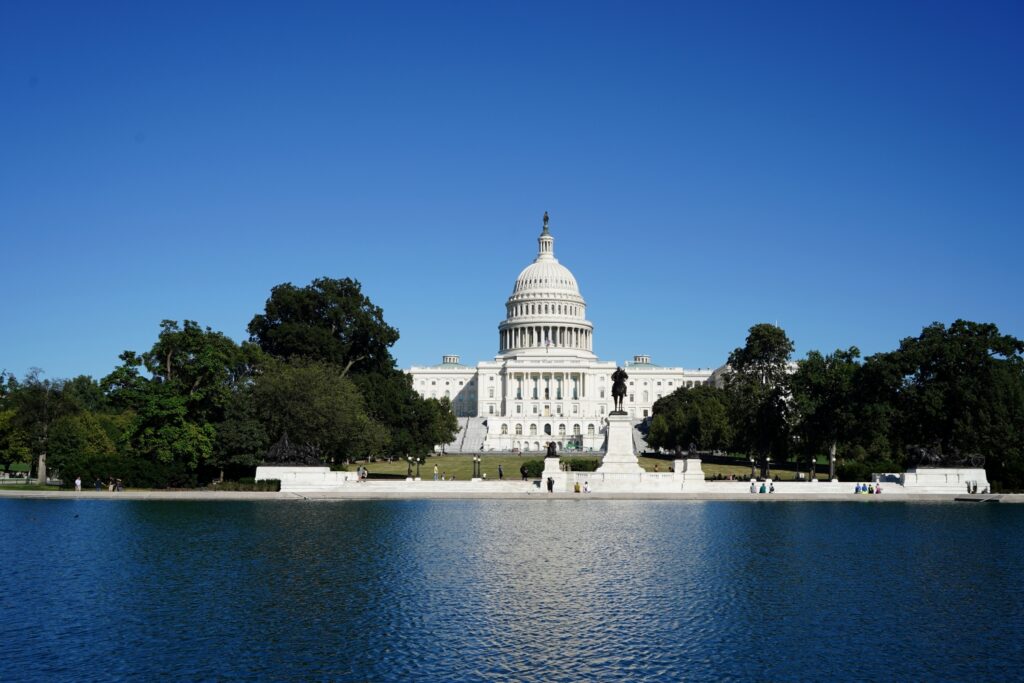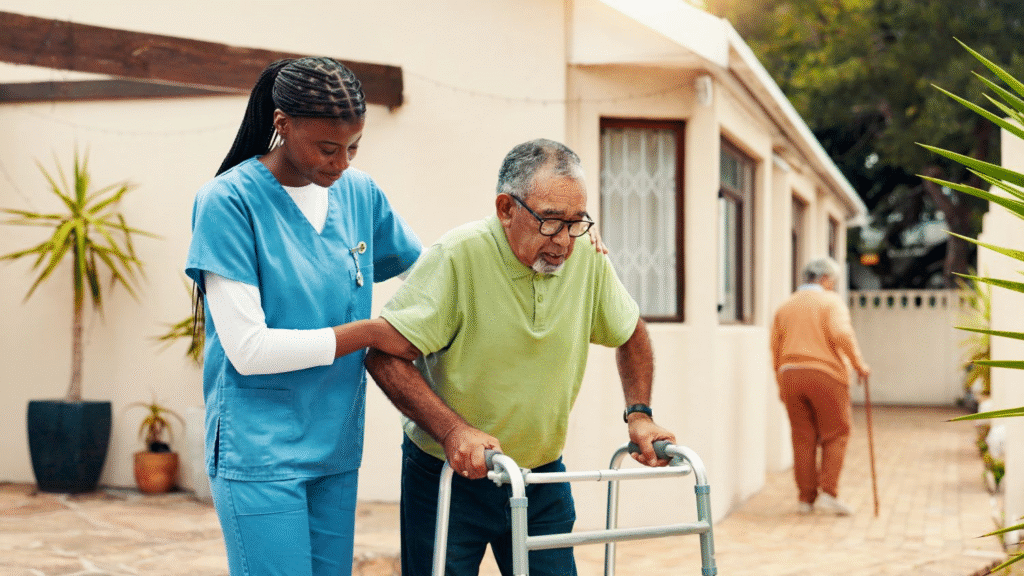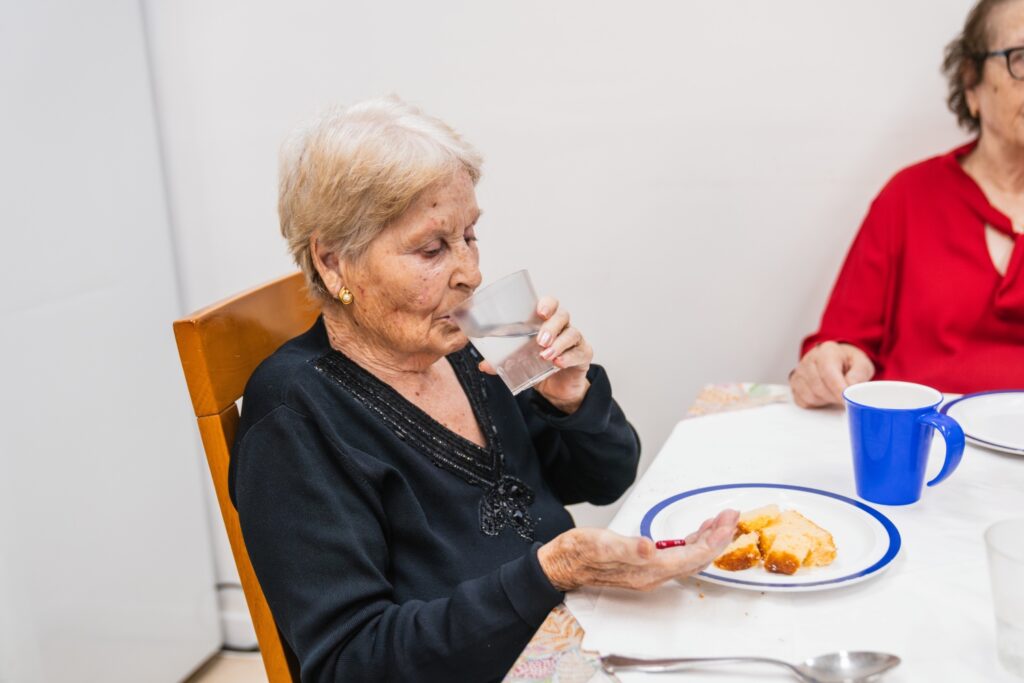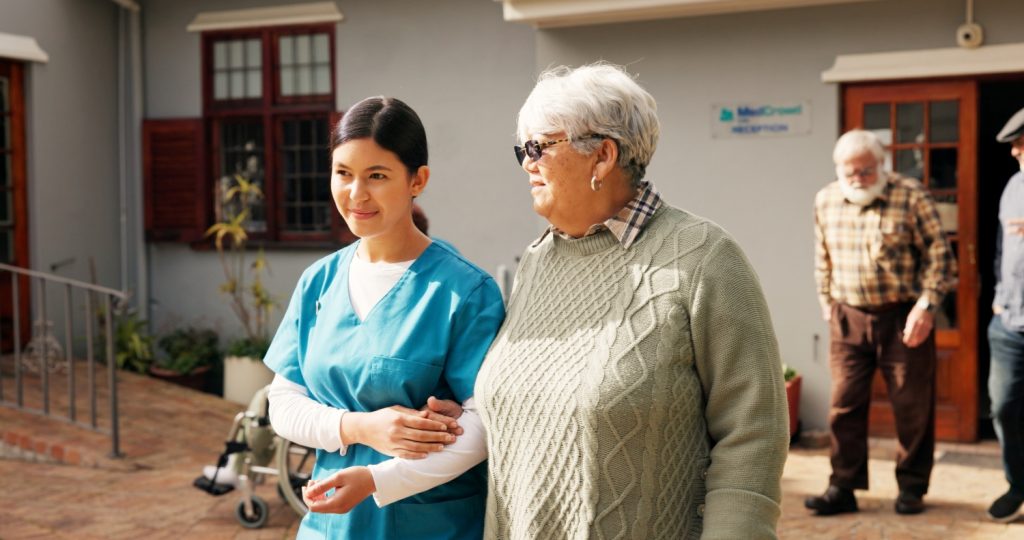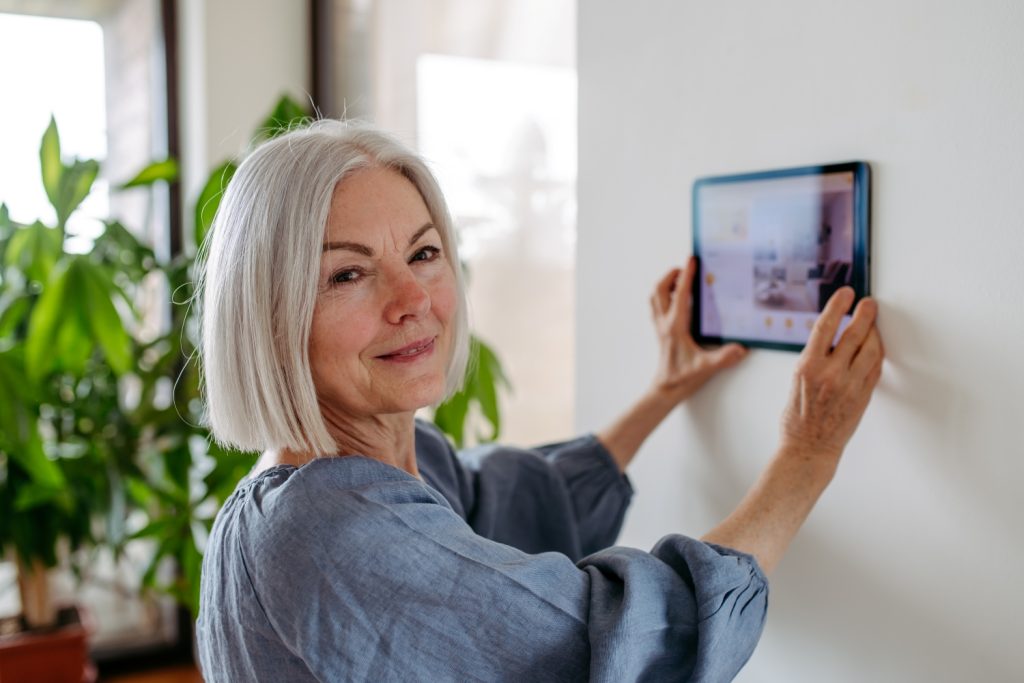Author’s Note: I was excited to serve as Guest Editor for this historic issue of Generations Journal. All of its contributors are women of color, which is a first for this publication. My participation is an opportunity to continue the conversation on race, gender, and equity within the context of aging.
Advocacy in aging conversations often address issues in silos, as if aging erases one’s gender, race, and other identities. Nothing could be further from the truth. These articles show how deeply entangled identities are. I am proud to be a part of the intentional shift the American Society on Aging is taking to be a conduit for these sometimes-uncomfortable conversations. I hope this issue inspires you in your advocacy and activism. I hope you are challenged to see the whole of people in how they experience life.
The COVID-19 pandemic happened in the exact manner the need for caregiving often happens—suddenly and overnight. You go to sleep peacefully and wake up to realize your world has shut down. You scramble for a few weeks while trying to keep together your work, family, and health, while trying to stabilize a caregiving crisis. Over time, you try to cobble together some kind of caregiving infrastructure for your family.
Caregiving families like mine were not surprised by the immense challenges of managing care during the pandemic. If anything, we had been trying to sound the alarm for everyone else.
If you’re not already in a caregiving situation, this is how it’s going to happen if our country doesn’t put a care infrastructure into place. You will be left to your own devices and resources to figure things out. Some families will succeed in meeting their loved one’s needs, but without a care infrastructure, many families will fail, and some will crumble.
The pandemic didn’t so much expose the challenges of caregiving, as it blew the lid off of a national secret: Caregiving as an individual is a nearly impossible task and it should be a collective responsibility.
No Caregiving Support Means You Can Do Everything Right and Still Fall Short
Navigating care is tough, especially for immigrant families. Immigrant families just do not know the system and programs well enough to plan for the possibility of caregiving, nor do they understand how to navigate the labyrinth of programs and insurance once the need hits.
My journey to the United States began in 1984 when my father came to this country from Malawi to attend college, thanks to a scholarship. By 1989, he was offered a teaching position and our family, including me, came here to live. Initially, I was dazzled. I had heard all the “streets paved with gold” stories about life in the United States. When I arrived, those stories seemed true. Everyone in the United States seemed to have a car and a television. Everyone seemed to be doing well. I didn’t detect the cracks and disparities until later.
My dad did everything “right,” yet still he was forced to retire in Malawi because it was unaffordable to get care here without the cost falling squarely on my mother’s shoulders. The breadwinners of immigrant families not only face challenges accessing care, but they, like my dad, can work their entire adult life and still find access to a secure retirement out of reach.
As these twin challenges played in the background, my dad retired. His best solution to the challenges following retirement was to spend most of his time in Malawi. Caregiving and housing are more affordable there. Then, he got sick. His health started to decline and he was in and out of the hospital for a few weeks before he passed. I could hear my parents talking by phone, debating about how soon my mother, who was still living in the United States, should come to Malawi.
While they debated, reality sunk in that she didn’t have enough paid leave left at her work as a trainer of certified nursing assistants (CAN) and nurse on a medical hotline, to take any time off. My mom had used some of her paid leave to stay home and care for our dad when he had visited in February 2020, while already sick. As his health further declined, they debated when she should go to Malawi—their final decision based, not on concerns about my dad’s health and comfort, but on how much leave my mother had, and the cost of traveling to Malawi.
‘Caregiving as an individual is a nearly impossible task and it should be a collective responsibility.’
This dilemma is a common one for immigrant families, and makes it easy to see how relatively small decisions can backfire and then burn. If our mom went to Malawi, family members would have to cover her travel costs. While my parents debated, my siblings and I wondered, “What if she takes unpaid leave? What happens with her monthly expenses and how do we cover them?”
My sister was unemployed at the time and could be present with our mother. I was working remotely and could make it home quickly. I wondered if I could take leave time from my work to be with my mom while we were trying to figure that out. I discovered one of the privileges of remote work—working from anywhere meant I didn’t have to take leave.
My father died in the midst of the pandemic. We were all at my mother’s house, trying to figure out travel, cost of travel, and how many of us could go. We looked for an open travel route to Malawi because the typical route had been cut off due to the pandemic. We vacillated and planned among travel costs, who could go, who could stay, and who had the most flexibility. We had to balance our desire to support our mother and honor our father’s life with wondering who best could weather a financial setback by going.
My sisters went with Mom. Even in that moment of grief, we were focused on how to afford travel costs, and how to pay for funeral arrangements and my father’s remaining healthcare debt. The bills snowballed during his illness and after he died. After we decided on travel plans and funeral arrangements, we had to sort out his medical debt and put together a financial plan for my mom. Where was the time for grief?
When Children Are the Retirement Plan
Financial concerns didn’t end with the funeral and didn’t concern only my father’s medical debt. My mother is 61 and still working her two jobs. In addition to working, my mother has been a caregiver since the 1990s, when my father’s health first began to decline. She spent time trying to figure out how she could retire early and rest. Caregiving is a huge task. Working is a huge task. She wanted to retire, spend time with her husband, and be available for his care. It wasn’t a lot to ask, but it never happened.
My mom had worked in education administration in Malawi, but the United States wouldn’t recognize her education, degrees, or experience. So she had to begin again. In the U.S. system she started work late, and from scratch. First, as a nanny and domestic worker, then in daycare and eventually as a CNA. My father was a professor and sought tenure for years. In the meantime, he had meager benefits and retirement savings. All of this while both were supporting a young family.
Also my mom co-signed on my brother’s student loan. She believed that a good education was required for progress in this country, but it also meant that, as an immigrant, my parents were constantly coming from behind and struggling to keep up. It’s a classic immigrant story: the kids are getting older, your income is stagnant and not keeping up with the cost of living, and you’re on the hook for education costs, multiple cars, wanting to live in a safe neighborhood, and wanting to buy a house.
My dad’s health declined slowly for about 20 years. As the primary breadwinner for an immigrant family in the United States, often, you also are primarily responsible for everyone back home. There was such a pull on finances that my parents couldn’t even think about savings. My parents thought about retiring, but to them, us kids were their retirement plan. They made all these sacrifices in the hopes that we would be minimally financially independent and wouldn’t have to rely upon them. In an ideal world, my siblings and I would support their care in their later years.
This also had been our expectation. My siblings and I have always seen ourselves as our parents’ retirement plan. We knew we would need to provide or supplement their retirement income, for expenses and care and caregiving. We knew they didn’t have any savings and their retirement income would not be enough to cover living expenses, let alone care expenses. At some point, those costs would all be on us.
My father was receiving a small pension when he died, so that pension now supplements my mother’s financial needs. That takes away some of the financial pressure. Things aren’t so urgent. But what does it say for your country’s safety net if your children have to be your retirement plan and your spouse has to die for you to live?
What Dignified Care Looks Like
It was not just our goal as a family to make sure my father’s basic care needs were met. We wanted to make sure his needs were met in a way that allowed him to maintain his dignity. To do this, his care had to be culturally competent. My mother’s cultural competence in my father’s care may seem small, but these small things were of critical importance.
My father loved eating beef stew or curry chicken, but only when made by my mom. She made his favorite dishes for him and adjusted her cooking methods, decreasing salt and using fresh tomatoes instead of canned to avoid the acidity that irritated him. He wasn’t supposed to drink alcohol, but my mother knew that you can’t tell an African man not to drink—that was an unrealistic expectation. Instead she convinced him to try drinks with lower alcohol levels, like lite beer. These important accommodations and adjustments allowed my father to maintain his dignity throughout his care.
Care Is Not Just for Kids, But for the Whole Lifespan and Full Community
A few weeks ago I was on Vox, talking about care and the Biden administration plans to address care. Before the show started, the host complained, “I’m a Black woman. I’m not married and don’t have kids. There’s nothing in Biden’s plan that would work for me.”
I was astounded. What the host didn’t understand is that paid leave isn’t just for parents, which is how the national discourse often frames conversations about paid leave. Because of this, there are a bunch of childless women who suddenly feel as if they don’t see themselves in this issue.
I explained to the host that I didn’t have any children, either, but I’m thinking about doing a second round of in-vitro fertilization (IVF). There’s so much that goes into it that requires care and caregiving and time off.
‘My siblings and I have always seen ourselves as our parents’ retirement plan.’
I also told her that my mom is getting older and my siblings and I are going to be called on for her care. We need leave for that. I encouraged her to think about the people in her family who are going to need additional support in predictable and unpredictable ways. For instance, when my sister had such a bad anxiety attack that she had to be hospitalized for two days. My sister lives in Illinois and I had to drop everything in Washington, DC, and go to her. I needed leave for that, too.
The way the care conversation is being framed may seem exclusive of Black working women who don’t have children, when actually that same framing puts the expectation on us first. There’s a cultural expectation that I should be the one stepping in for my family’s care needs because I don’t have kids. That feels really hard, but I need leave, regardless of whether or not I have children.
Even if we take any and all conversations about having children out of it, several years ago, I had fibroid tumors removed—an increasingly common procedure among Black women. The doctors told me it would take anywhere from two weeks to three months to heal and get off pain medications. It took me two months. Only the flexibility of my work made those two months seem less arduous. I had to tap into disability and paid Family and Medical Leave Act benefits. But at least I had those benefits to tap into. Many other Black women don’t have access to those benefits and are forced to drag themselves back to work before their bodies have a chance to heal. They need access to a care infrastructure.
And so does my mother. She needs access to a strong care infrastructure. My mom, like many in their 60s (Gibson, 2019), doesn’t have savings. That means I have to consider the impact of her caregiving on my income and savings. And I have to consider what happens about 30 years from now when I need care. I think about having kids and not having kids. When I think about not having children, I have to think about who’s going to be around to care for me. It will likely be my siblings, but what will be the impact on them? When I think about starting a family, I think about the costs of IVF that are not covered by healthcare insurance. Most women can’t afford IVF treatments and other family planning interventions out-of-pocket. I can’t afford it because of caregiving for my parents. I need access to a strong care infrastructure.
How could this story be different? What if our infrastructure included the means to allow people to retire and have access to the financial resources and dignified, culturally competent care they need? What if my father didn’t have to leave the country to be able to afford care? What if my mother didn’t have to spend my father’s last days worrying about money and how his needs would be met? What if I didn’t have to balance my desire to have a child with my mother’s financial needs? What if we lived in a country that valued compassion over a pseudo self-sufficiency, which in actuality glorifies wealth and access to wealth?
My mother needs a strong care infrastructure. I need a strong care infrastructure. And you need a strong care infrastructure, too.
Josephine Kalipeni, MA, is Executive Director of Family Values @ Work in Washington, DC.
Photo caption: Josephine Kalipeni, second from right front, with her family.
Photo credit: Courtesy Josephine Kalipeni
References
Gibson, W. E. 2019. Older Americans Surveyed Lack Retirement Funds. AARP, March 28. Retrieved September 14, 2021.

